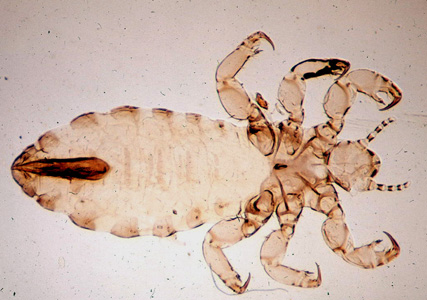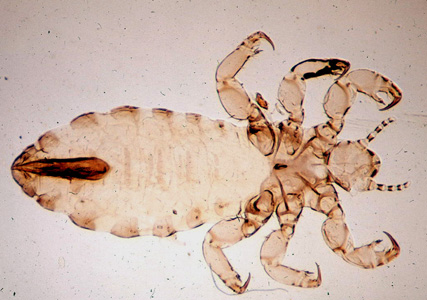It has become de rigueur, in the past decade or so, to deal with pubic hair by removing it altogether. And, according to Bloomberg News, this trend bodes badly for the world’s population of pubic lice. Bloomberg reports:
In Australia, Sydney’s main sexual health clinic hasn’t seen a woman with pubic lice since 2008 and male cases have fallen 80 percent from about 100 a decade ago.
As in many more macro situations, human behavior is threatening the environment of these defenseless creatures. Bloomberg even goes so far as to trumpet that pubic lice may become an endangered species!
The evidence for this, though, is pretty slim — anecdotal evidence from health clinics and a quote from a sexual health consultant who uses a lot of scare quotes. “The ‘habitat destruction’ of the pubic lice is increasing and they are becoming an endangered species,” she told Bloomberg. Hee hee, “habitat destruction”! Get it? Because pubes.
Blogger Bug Girl points out that this storyline has actually made an appearance at least once before. Her analysis:
Like the last time, this story is getting a lot of popular press. However, what is presented is a lot of anecdotal evidence — stories without a lot of actual data.
I will say that the evidence is much better than the last time this story made the rounds, and this is a far better written story. However, please note that conspicuously sprinkled through the article are links to a bunch of major grooming appliance and beauty product companies.
In short, do not feel guilty for whatever pubic grooming you happen to want to engage in — you probably can’t do that much damage to the pubic lice population. If you want to feel bad about your personal topiary maintenance, though, we’d hazard that chemical depilatory agents are doing much more damage to the environment (and your skin).




